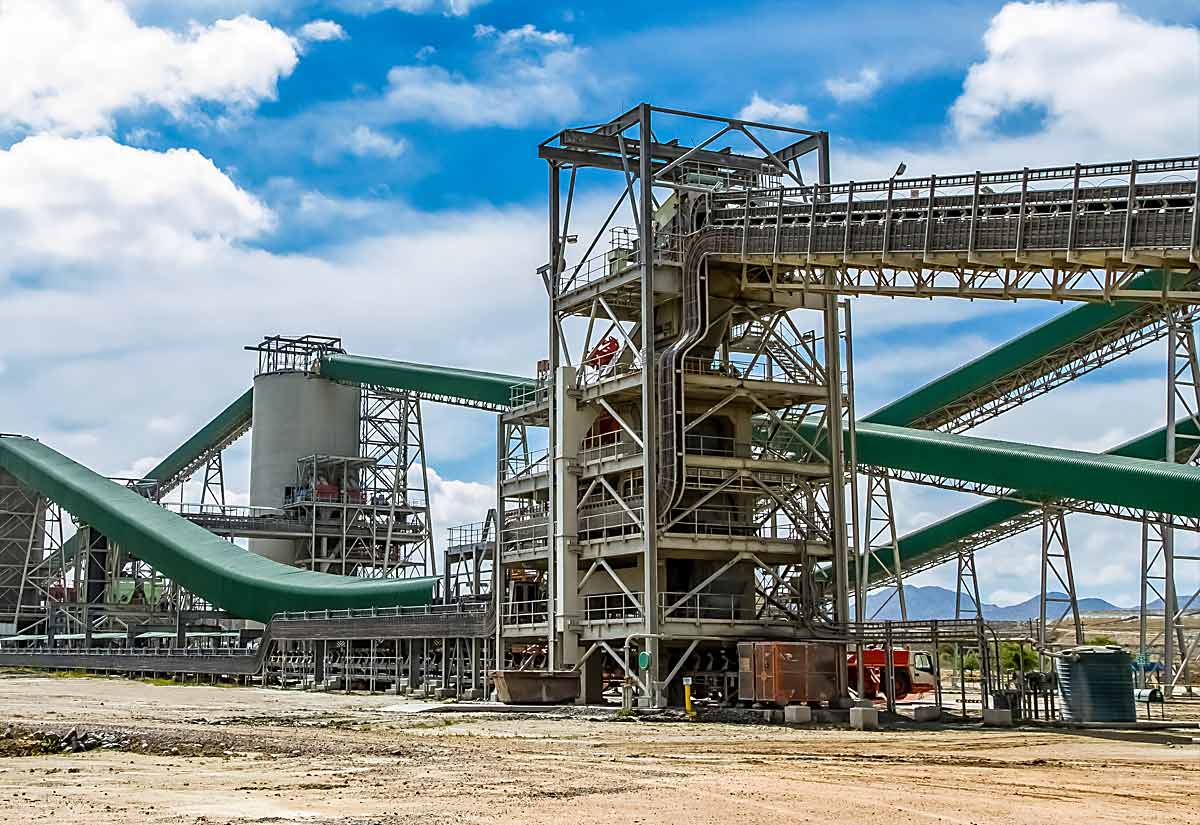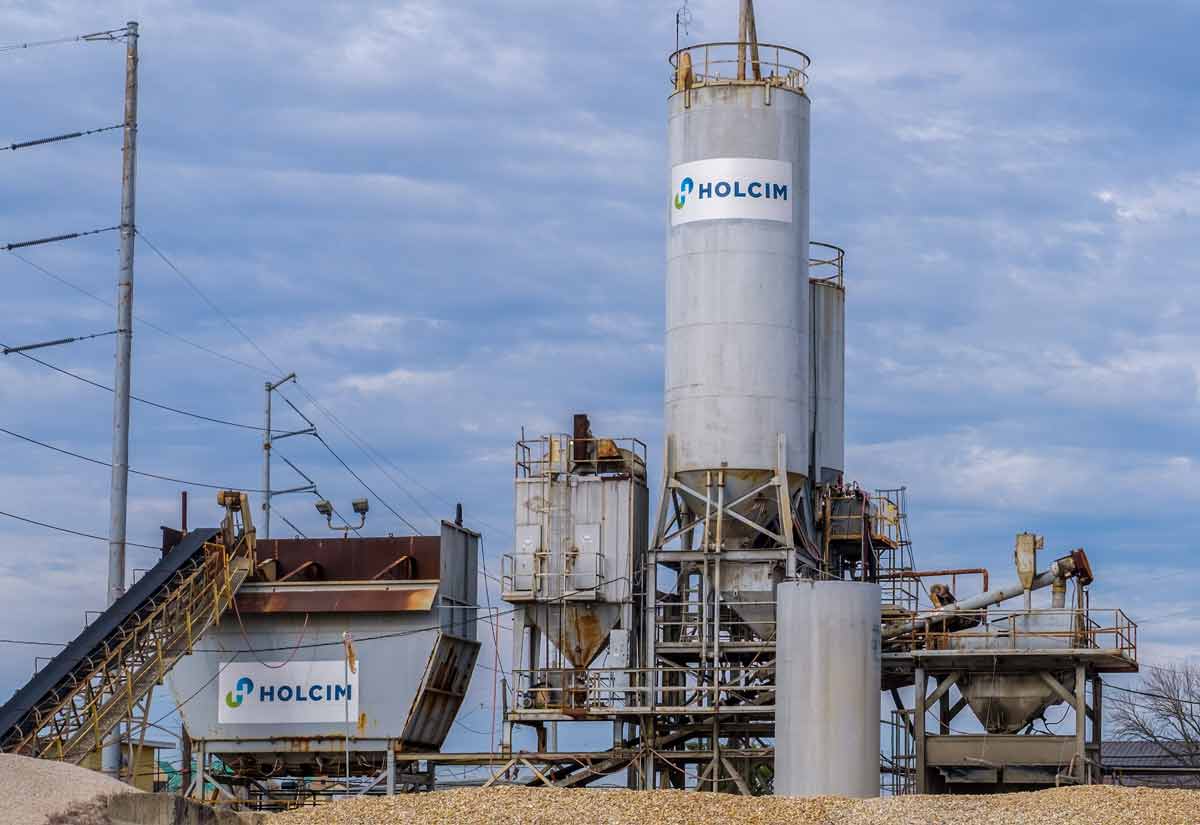It’s not a new story for us here at Resource Erectors. Heavy industry has been facing human resource shortfalls year after year in the 21st Century as the boomer generation retires with no one behind in line to replace them.
The engineer shortage is one that has its roots in the Great Recession, way back in 2008. That economic turmoil is still blamed for today’s shortage of qualified mid-level engineers, those human resource gold candidates that come with 10+ years of experience.
The already shallow talent pool was severely reduced when potential AEC (Architects, Engineers, Construction) students who might otherwise have become civil engineers, instead pursued careers in other engineering disciplines or other lucrative, non-engineering fields entirely.
That was before the IRA, IIJA, and generous government-mandated EV adoption policies created an even more voracious demand for civil and manufacturing engineers.
With scores of new EV battery factories popping up in the US in 2023, and high energy costs triggered by self-inflicted uber-green policies in the EU driving European manufacturers to US shores, the obsolete 25,000 replacement engineers per year number is now just a drop in the engineering human resource bucket.
That’s the Bureau of Labor Statistics number, one that never considered the predictable spike in engineering talent demands that we’re seeing now as the IIJA (Infrastructure Investment Job Act) and the IRA fund a 2023 boom in non-residential civil construction.
“The problem is clear to many leaders in the architecture, engineering, and construction industry: There simply are not enough engineers to do all the infrastructure work planned or underway in the U.S. This is especially true following the recent influx of hundreds of billions of dollars in federal funding over the next several years from the Infrastructure Investment and Jobs Act and the Inflation Reduction Act.”- Why US civil engineering firms face a labor shortage- American Society of Civil Engineers
The Engineer Recruiting Competition
According to Michelle Perry, the chief human resources officer at the Houston headquarters of the civil engineering company Walter P Moore, the AEC sector “has not done a great job of branding and making it enticing for students to go into this field.”
For companies such as Walter P Moore, with an impressive resume of civil construction projects ranging from refurbishing interstate parkways and upgrading international airports to building new federal courthouses and hospitals, finding work isn’t the problem.
Finding the Engineering Workforce is the #1 problem.
Civil engineer John Kissinger, P.E., S.E., M.ASCE, is the president and CEO of the civil engineering firm GRAEF, based in Milwaukee. Kissinger says the labor shortage “has been our No. 1 problem for a while.” The firm found it difficult to hire civil engineers across the board in 2022, regardless of experience or areas of expertise.
Like many others in the AEC sector, failure to beef up the engineering workforce caused GRAEF to cut back on the work they can take on.
“We definitely had to be more selective in the type of work we’ve taken, and there’ve been some (projects) that have been very stressful to complete because we thought we’d be able to hire more people, but we weren’t.”- John Kissinger- GRAEF CEO
“Brain Drain” in the AEC Sector
The real problem is hiring enough civil engineers, architects, quantity surveyors, and other professional-level talent. Industry leaders with long-time loyal clients are loath to turn away work, but that’s the realistic and costly option even some top AEC companies are forced to choose as a result of ongoing “brain drain” in the sector.
Julian Anderson, the president of North American operations of RLB, (Rider, Levett, Bucknall) a global project management firm, may have hit the engineering shortage nail on the head when he proposed that “people who are smart enough to become engineers are also smart enough in general to do a degree in finance”.
As we say at Resource Erectors, the top heavy industry professional candidates are smart enough to go for the green that really matters. So where is that green? More engineers these days are moving on from private-sector consulting firms to less demanding public-sector jobs.
The career shift can often mean less travel and fewer hours, not to mention travel time spent on the road that engineers frequently deal with while doing on-site management or consulting work.
The list of the AEC sector’s recruiting choke points is extensive:
- Large engineering firms entering specialized niche sectors such as blast resistance, safety, and security engineering siphon talent from smaller specialty firms.
- Industry giants such as Google and Ernst & Young with deep pockets.
- Looming recession fears cause engineering candidates to be reluctant to make major career and geographic moves
- High-tech firms are surfing and recruiting from the same shallow engineering talent pool.
- Public agencies offer less demanding opportunities for engineering candidates seeking better work-life balance.
- The growth of design-build procurements has resulted in general contractors hiring more in-house civil engineers.
Countering the Engineering Talent Crisis With Resource Erectors
At Resource Erectors, we’ve been recruiting and placing the top qualified engineering candidates with the leading heavy industry companies in the US and North America for decades.
We’ve been through the ebbs and flows of the volatile industrial labor market, and our company clients know how to step up their human resources game to recruit and retain the best engineering talent available.
As the civil construction boom gathers steam, heavy industry companies across the board are experiencing surges in product demand for essential materials such as concrete, aggregates, industrial minerals, and the mining and quarry operations that provide the raw materials to build on.
In 2023 we’ve seen dramatic increases in competitive salaries, with lucrative engineering career opportunities ranging from $100,000 to $200,000 for experienced candidates with the most sought-after PE credentials and BS degrees in Mining, Civil, or Mechanical Engineering. From site management to C-suite company officer positions, Resource Erectors has opportunities for professionals all across the board.
When it’s time to make your move in heavy industry, it’s time for Resource Erectors so don’t hesitate to contact Dan today so we can all get to work.












